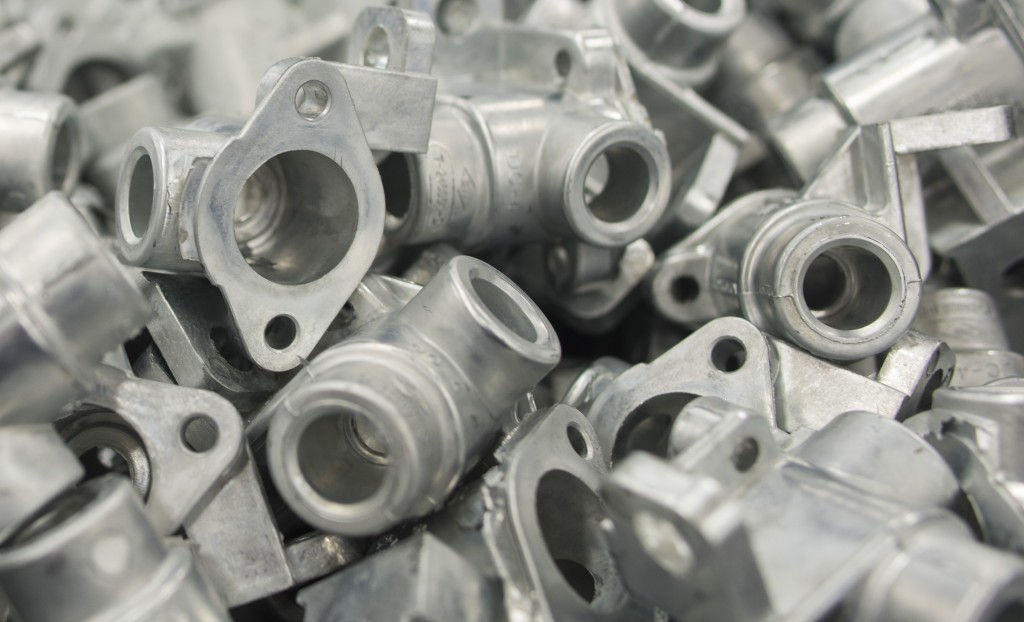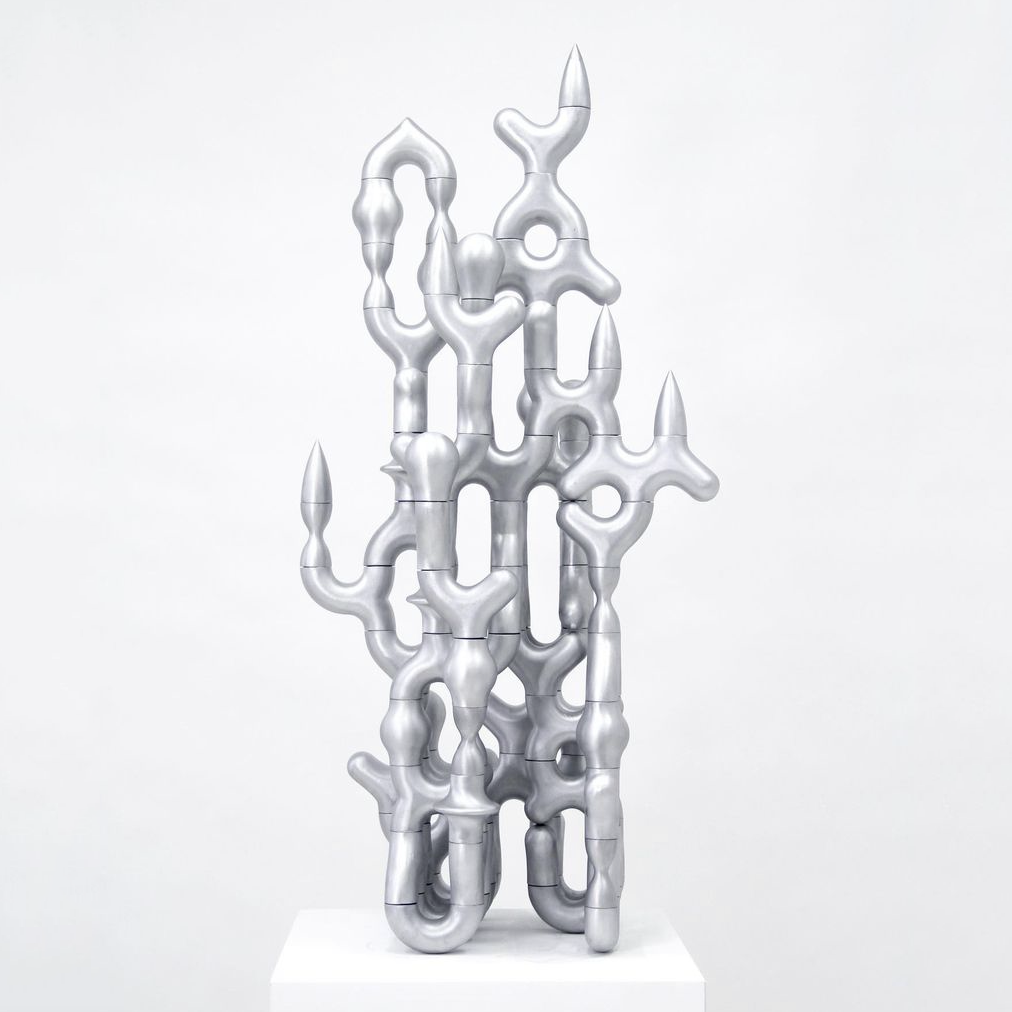Explore the benefits of Aluminum Metal Casting in automotive sectors
Ideal Practices for Upkeep and Applications in the Light Weight Aluminum Foundry Industry: An In-depth Review
Maintaining tools in the light weight aluminum shop market is vital for operational success. Routine assessments and predictive upkeep can substantially minimize downtime and boost security. Advanced modern technologies, such as IoT and information analytics, play a crucial function in this procedure. Nonetheless, recognizing the full extent of finest techniques requires a more detailed assessment of details methods and their effects on performance. What are the vital components that contribute to a reputable upkeep framework?
Value of Regular Upkeep in Aluminum Foundries
Routine maintenance plays a vital role in the efficient operation of light weight aluminum shops. By systematically servicing and inspecting devices, shops ensure peak performance and long life of machinery. Regular upkeep tasks, such as cleaning, lubrication, and element replacement, assistance stop unanticipated break downs that can result in pricey downtime.
Regular checks enhance workplace security by identifying prospective threats before they rise right into significant concerns. Tools that is properly maintained runs better, causing improved item high quality and minimized waste. Furthermore, adherence to an organized upkeep routine can support compliance with industry policies, consequently fostering a credibility for reliability and quality within the marketplace.
Applying Anticipating Upkeep Methods
Predictive upkeep approaches take the concepts of regular maintenance an action even more by leveraging data analytics and advanced monitoring technologies. In aluminum shops, these strategies allow drivers to prepare for devices failings prior to they occur, consequently decreasing unintended downtimes and maximizing operational effectiveness. By using sensors and IoT tools, real-time data can be gathered on device efficiency, permitting the recognition of potential concerns with anticipating analytics.
Maximizing Melting and Putting Procedures
Effective melting and pouring processes are vital for optimizing efficiency and ensuring the high quality of aluminum castings. To boost these processes, foundries should concentrate on specific temperature control throughout melting, as this straight influences the metallurgical residential properties of the alloy. Making use of innovative melting innovations, such as induction and resistance melting, can improve energy efficiency and lower cycle times.
In addition, implementing automated pouring systems minimizes human mistake and preserves consistency in the pouring process. Correct mold and mildew preparation, consisting of ample preheating, is important to avoid thermal shock and boost mold durability.

Enhancing Safety And Security Protocols in Factory Operations
Focusing on safety in light weight aluminum foundry procedures is important for safeguarding workers and assuring an effective environment. Effective safety procedures include regular training sessions that emphasize the relevance of personal protective devices (PPE), such as helmets, gloves, and goggles. In addition, the establishment of clear emergency procedures is crucial in managing prospective accidents.
Routine assessments of tools and equipment aid recognize risks prior to they intensify right into severe concerns. Applying a robust coverage system urges employees to connect safety and security problems without anxiety of repercussion. Fostering a society of safety and security assurances that every worker comprehends their role in maintaining a safe and secure workplace.
Additionally, ensuring correct ventilation and monitoring air top quality can mitigate direct exposure to hazardous fumes and dust. By enhancing these methods, aluminum foundries can considerably decrease the risk of mishaps and create a setting where staff members really feel valued and risk-free, ultimately boosting general functional effectiveness.
Leveraging Innovation for Improved Effectiveness
Utilizing innovative modern technology has actually come to be increasingly crucial read this post here for aluminum foundries intending to improve functional efficiency. Automation and robotics play a crucial duty in improving manufacturing processes, minimizing labor prices, and minimizing human error. Carrying out real-time monitoring systems enables the continuous assessment of devices performance, making it possible for aggressive maintenance and minimizing downtime.
The assimilation of data have a peek at this site analytics offers important insights into operational process, assisting in far better decision-making and source appropriation. Anticipating analytics can identify potential failures prior to they take place, additional enhancing maintenance routines.
Furthermore, embracing advanced melting and casting technologies improves power efficiency and material return, which are basic for sustainability in the sector. By accepting these technical advancements, light weight aluminum factories can not only enhance efficiency yet likewise keep an one-upmanship in a significantly requiring market (aluminum foundry). Ultimately, leveraging technology is pivotal in driving advancement and boosting general operational efficiency within the market

Regularly Asked Questions
What Are Typical Indicators of Devices Use in Aluminum Foundries?
Common indications of tools wear in aluminum factories consist of unusual sounds, decreased performance, increased resonance, overheating parts, leakages, and visible rust. These indicators often indicate the need for maintenance or prospective substitute to stay clear of expensive downtime.
Just How Can I Train Team for Effective Maintenance Practices?
To educate personnel for efficient upkeep practices, one can apply hands-on workshops, develop detailed guidebooks, encourage mentorship programs, and carry out normal assessments to evaluate abilities and knowledge, making certain all employees comprehend upkeep methods completely.
What Are the Environmental Laws for Light Weight Aluminum Foundries?
Light weight aluminum foundries undergo different environmental laws, including exhausts control, waste management, and resource preservation. Compliance guarantees marginal ecological impact, advertising visit this site sustainability while sticking to regional, nationwide, and worldwide ecological requirements and guidelines.
How Do Shops Handle Waste and Recycling of Aluminum?
Foundries manage waste and recycling by applying systems for collecting scrap aluminum, making use of innovative separation innovations, and working together with reusing facilities to ensure effective healing processes, thereby minimizing environmental impact and promoting sustainability within the market.
What Are the Expenses Linked With Carrying Out Advanced Technologies?
Applying advanced innovations in factories incurs considerable prices, consisting of preliminary financial investment, training, and maintenance costs. Nonetheless, the long-lasting benefits, such as enhanced effectiveness and minimized waste, usually validate these expenses, leading to enhanced success.
Routine upkeep plays a crucial function in the efficient procedure of aluminum factories. In aluminum foundries, these techniques make it possible for drivers to prepare for devices failings before they occur, thus reducing unintended downtimes and enhancing operational effectiveness. Utilizing innovative modern technology has come to be significantly important for light weight aluminum shops intending to improve operational efficiency. Usual signs of tools wear in light weight aluminum foundries include unusual sounds, decreased performance, raised resonance, overheating parts, leaks, and noticeable rust. Applying advanced technologies in factories incurs considerable prices, consisting of preliminary financial investment, training, and upkeep expenditures.